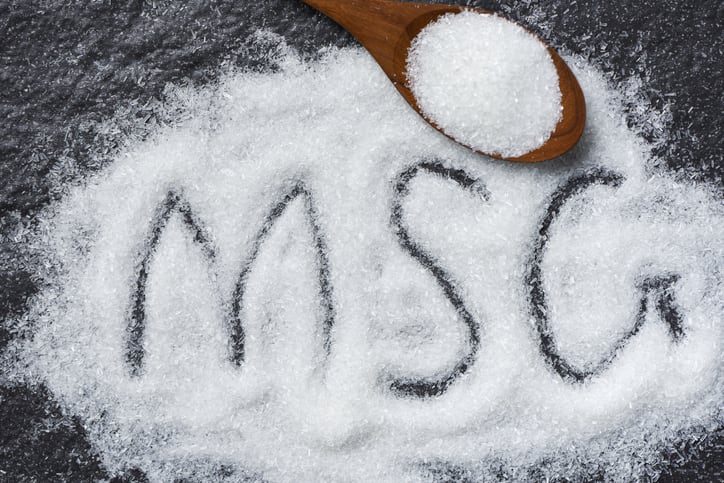
Could Honest Umami clean up MSG’s reputation?
Is it time to bring MSG out of the shadows? Inside the brand leading a bold rethink of one of food’s most misunderstood ingredients.
News & Analysis on Food & Beverage Development & Technology

Is it time to bring MSG out of the shadows? Inside the brand leading a bold rethink of one of food’s most misunderstood ingredients.

Four trend wars, four surprising winners. Dive into the food and beverage battles that dominated the industry in 2025
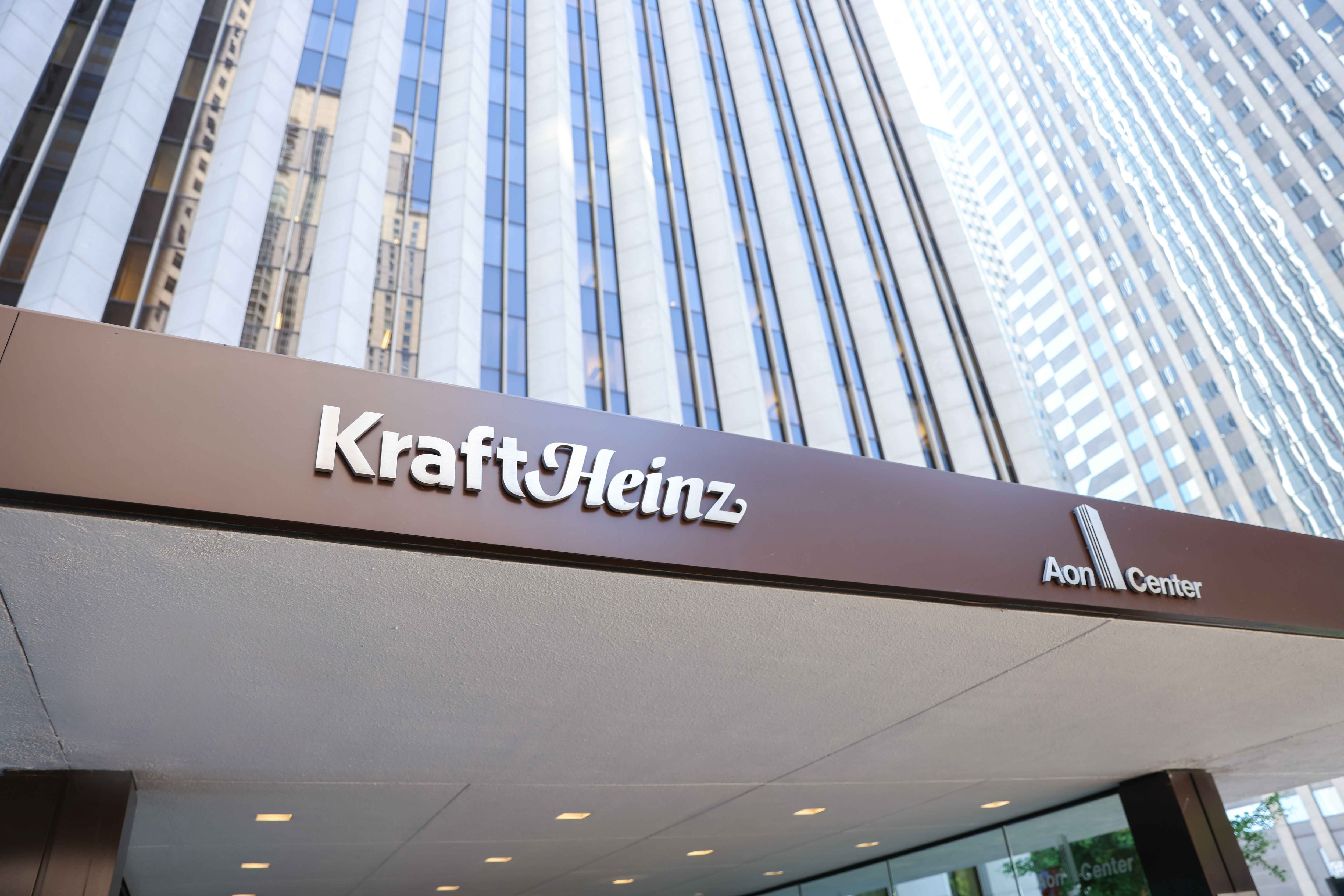
The Kraft Heinz Company names Steve Cahillane as chief executive officer

Opinion
Food and beverage brands can no longer ignore the ultra-processed food problem. It’s time to lean in
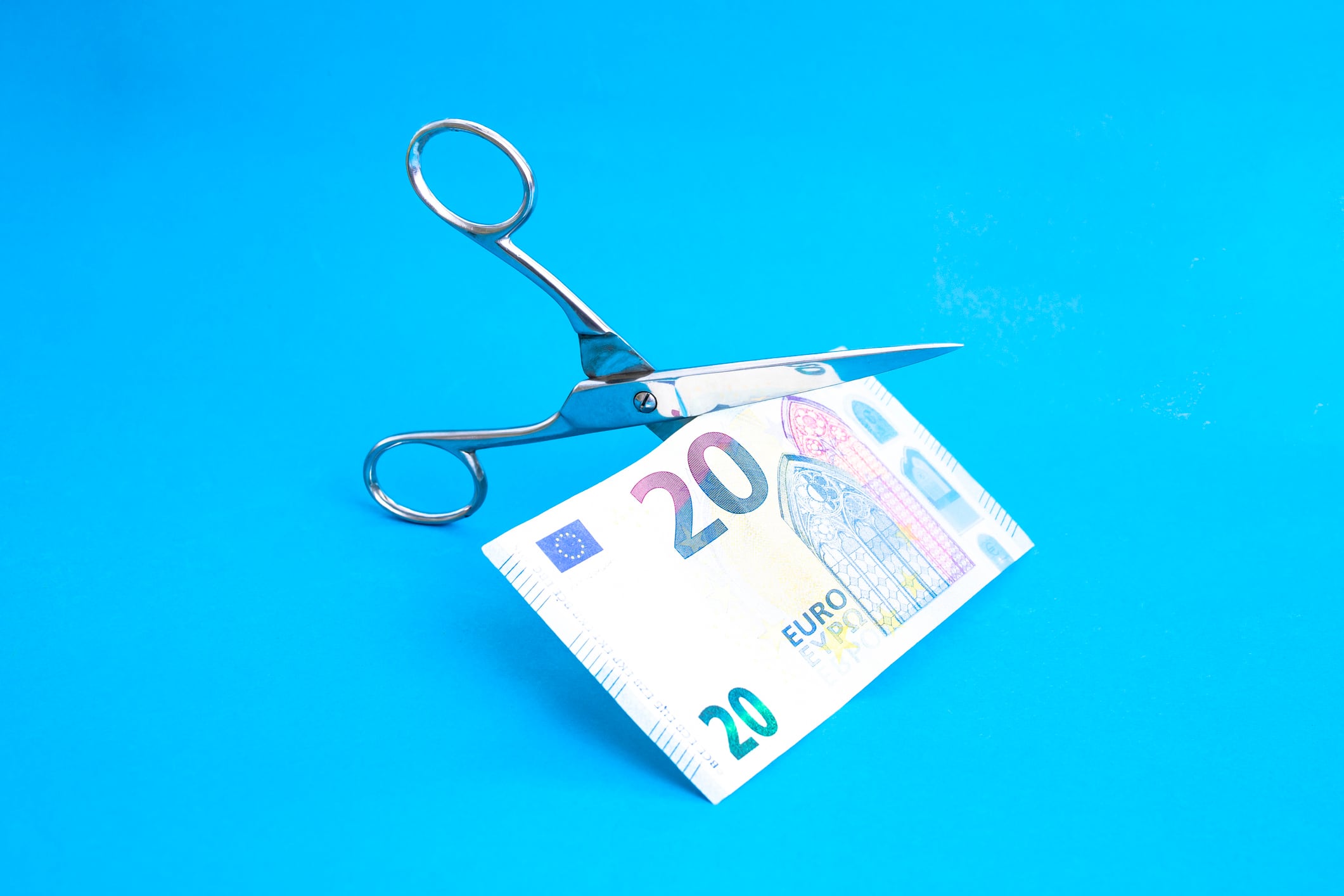
Precision fermentation and ingredient diversification could provide answers for struggling food companies
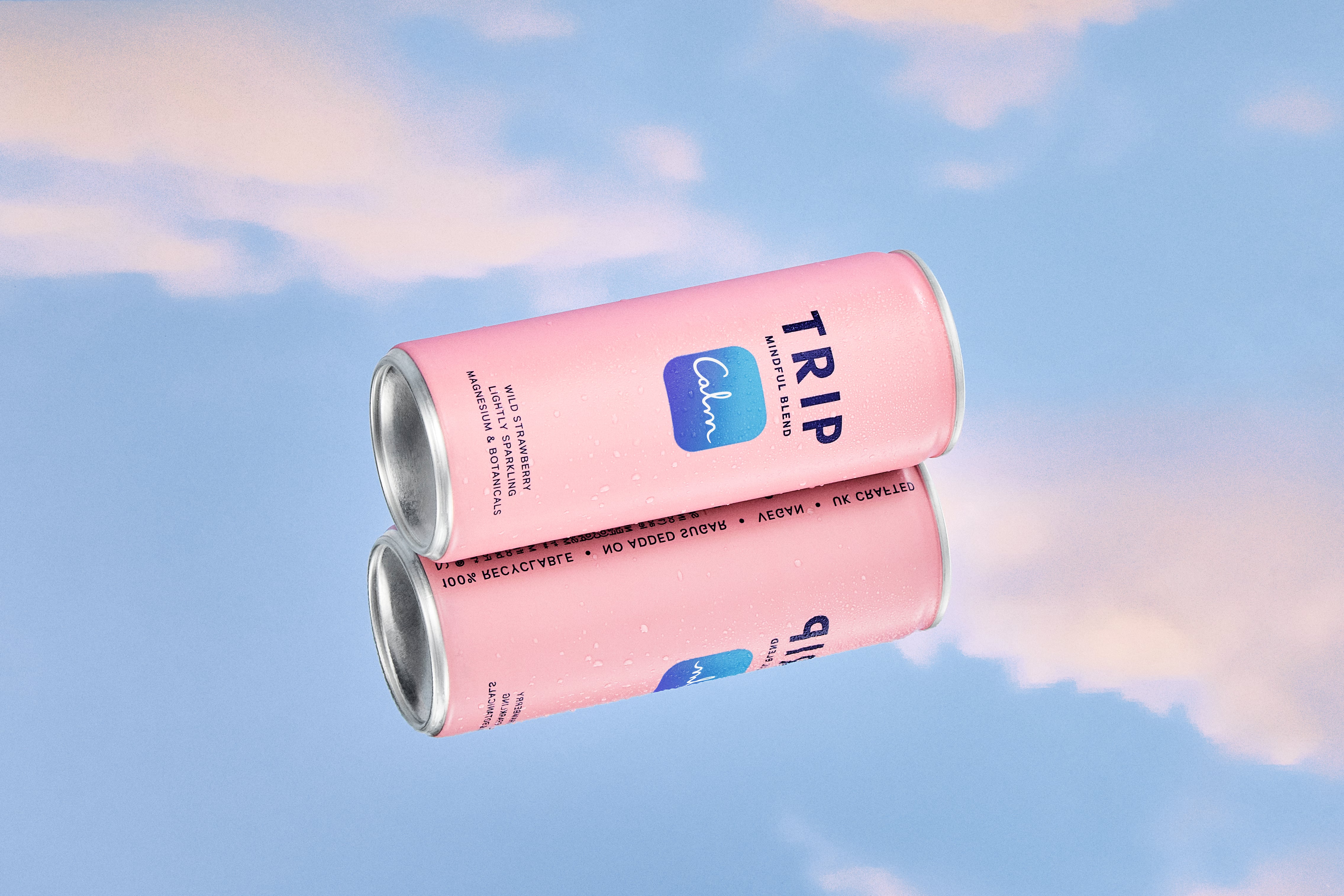
Exclusive data analysis carried out by FutureBridge on behalf of Food Manufacture has identified the top 100 hottest food and drink start-ups worldwide.

New research linking omnipresent emulsifiers to gut damage and obesity is raising tough questions for manufacturers
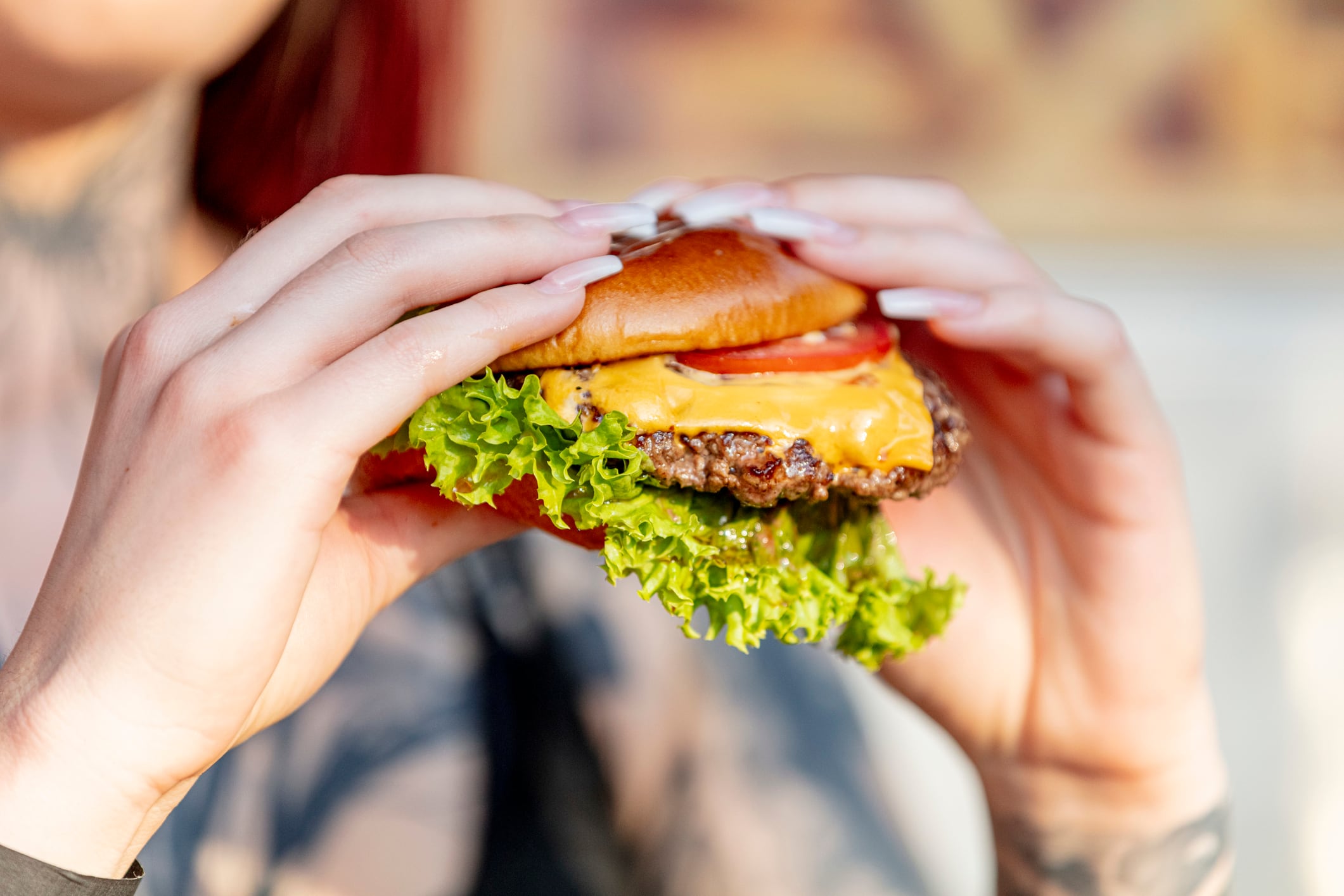
Ultra-processed diets aren’t equally dominant worldwide - but in some countries, they’re rising fast

They could be the latest classic food brands to be offloaded by the CPG major
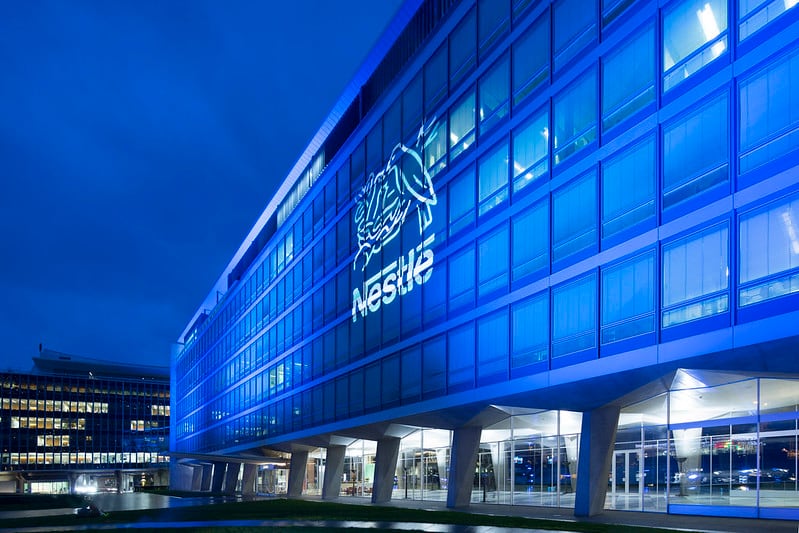
Nestlé’s key strategist retires after four decades shaping global growth

Discover the five trends that will define 2026, and why agility, authenticity, and technology will determine who succeeds and who fails

The Lancet’s latest series linking ultra-processed foods (UPFs) to harm across multiple organs has reignited debate over their role in public health
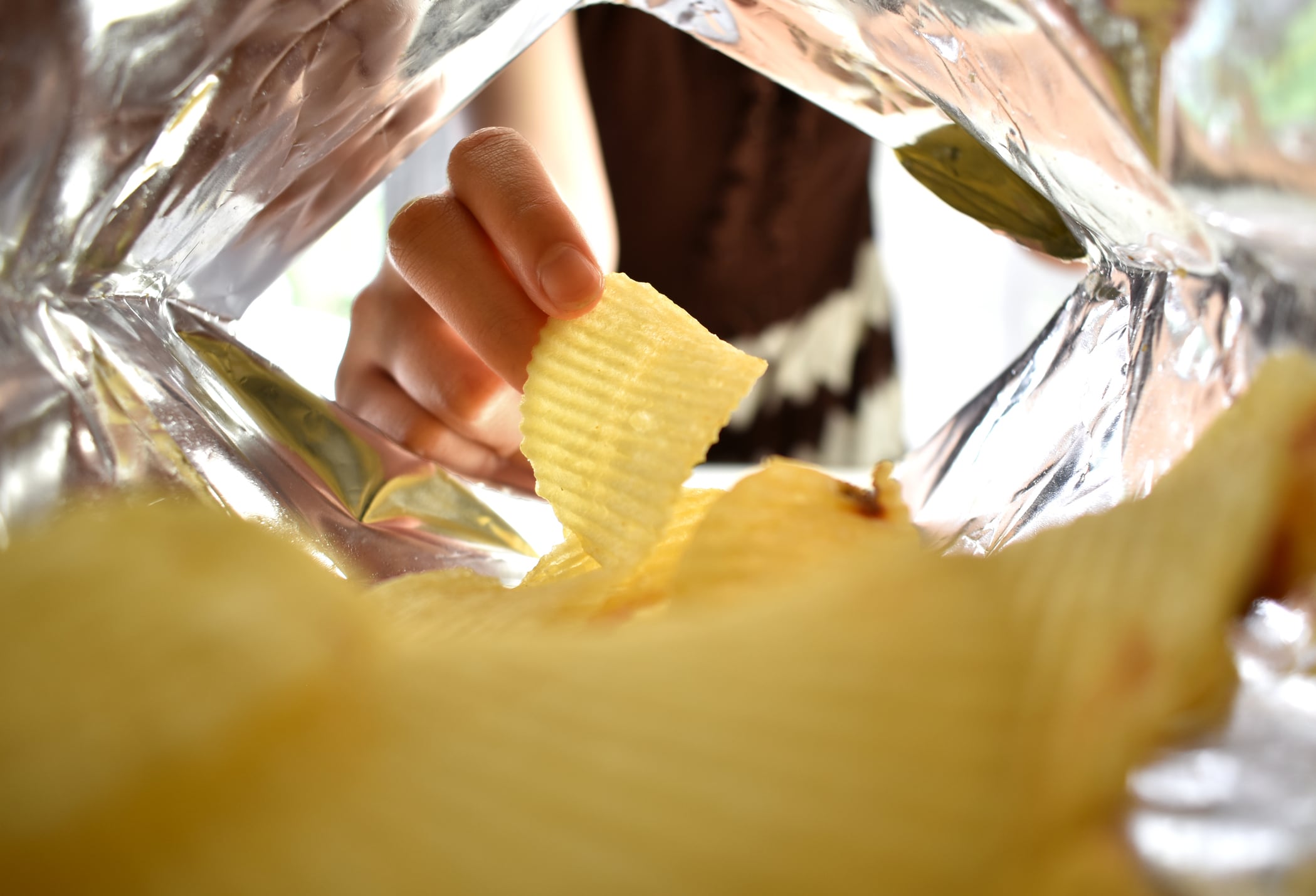
The landmark study series is the biggest blow yet to UPFs
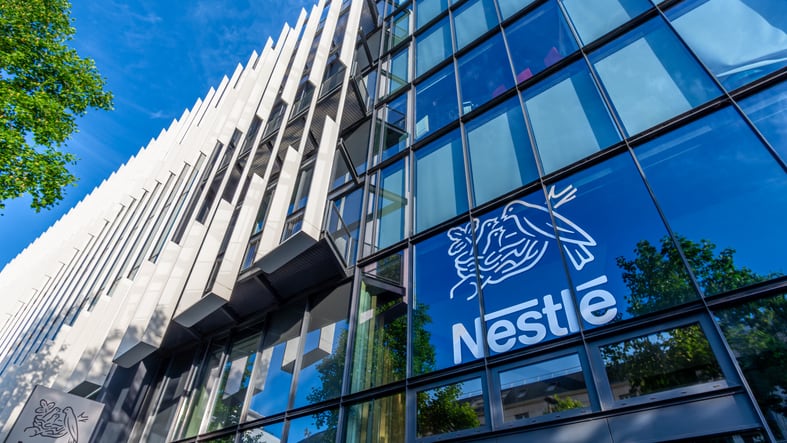
Nestlé, Ferrero, Mars, Unilever and Kraft Heinz are reshaping the food and beverage landscape with bold M&A moves. But what’s next?
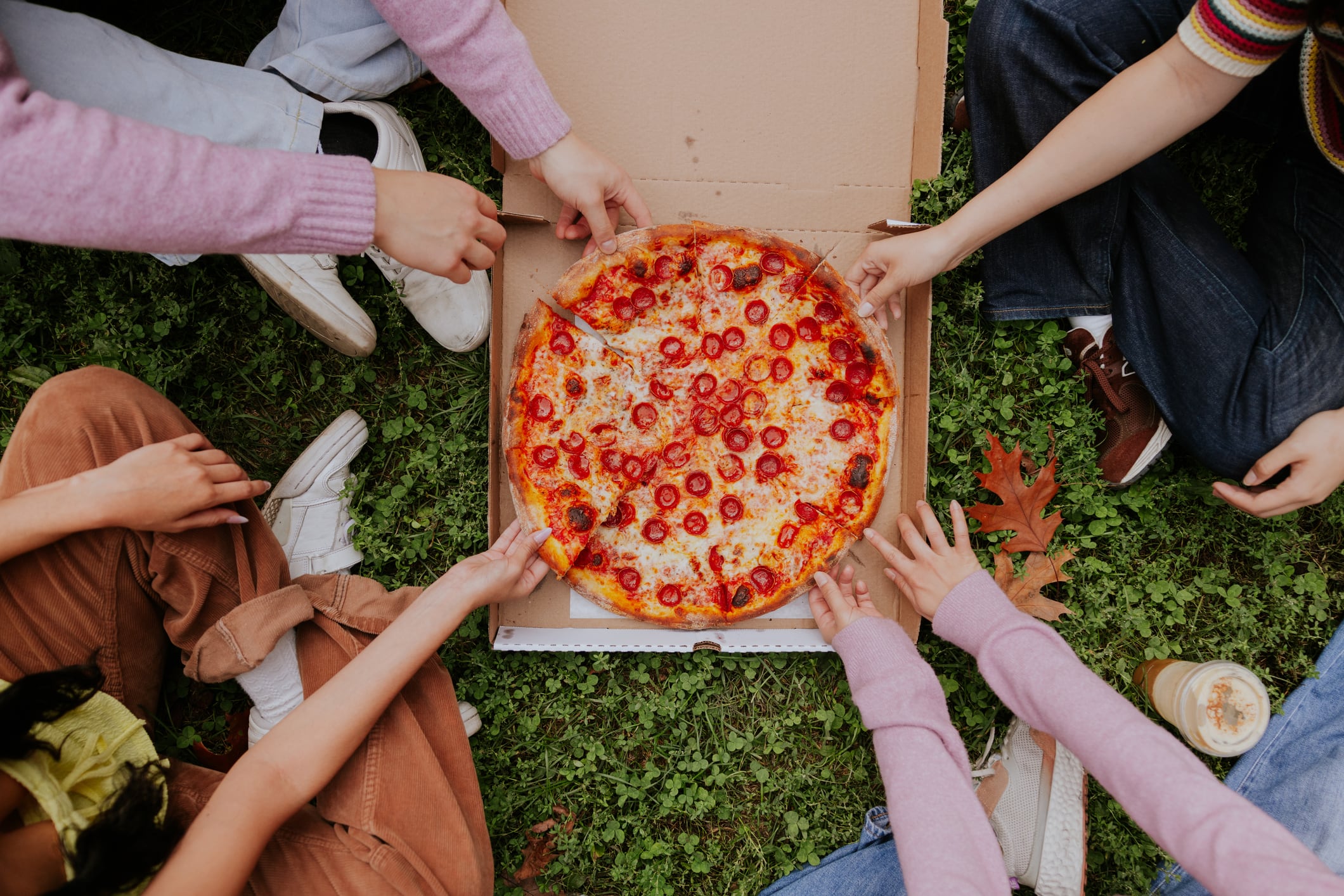
A wide-ranging study from The Lancet is the most damning blow to ultra-processed foods yet

As sustainable ingredients gain traction, we explore the trends driving their development

Longevity and weight loss are redefining consumer priorities - creating major opportunities for food and beverage
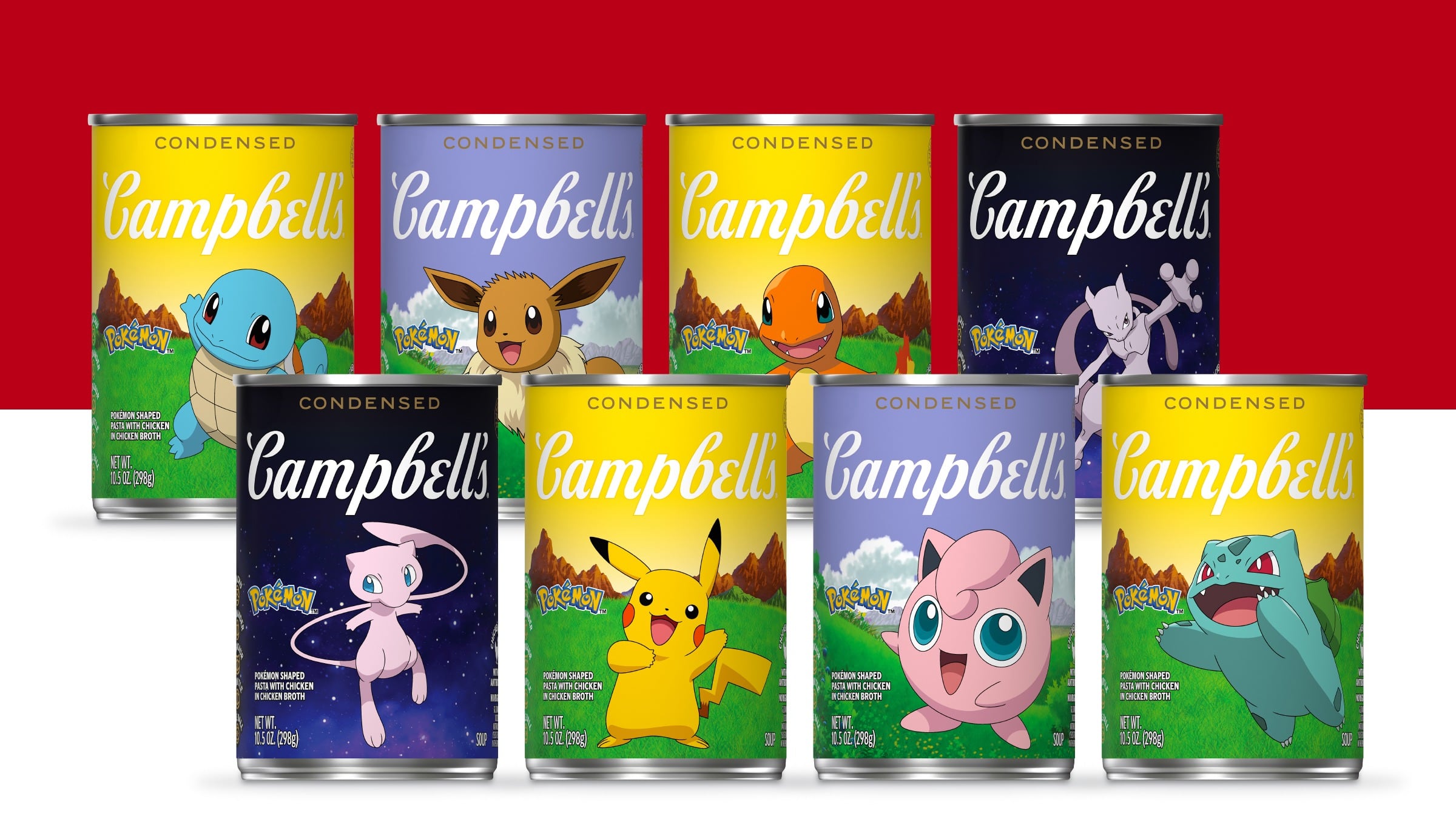
A limited-edition line of collectible cans and a national sweepstakes helped Campbell’s connect with fans across generations while showcasing the power of gaming partnerships
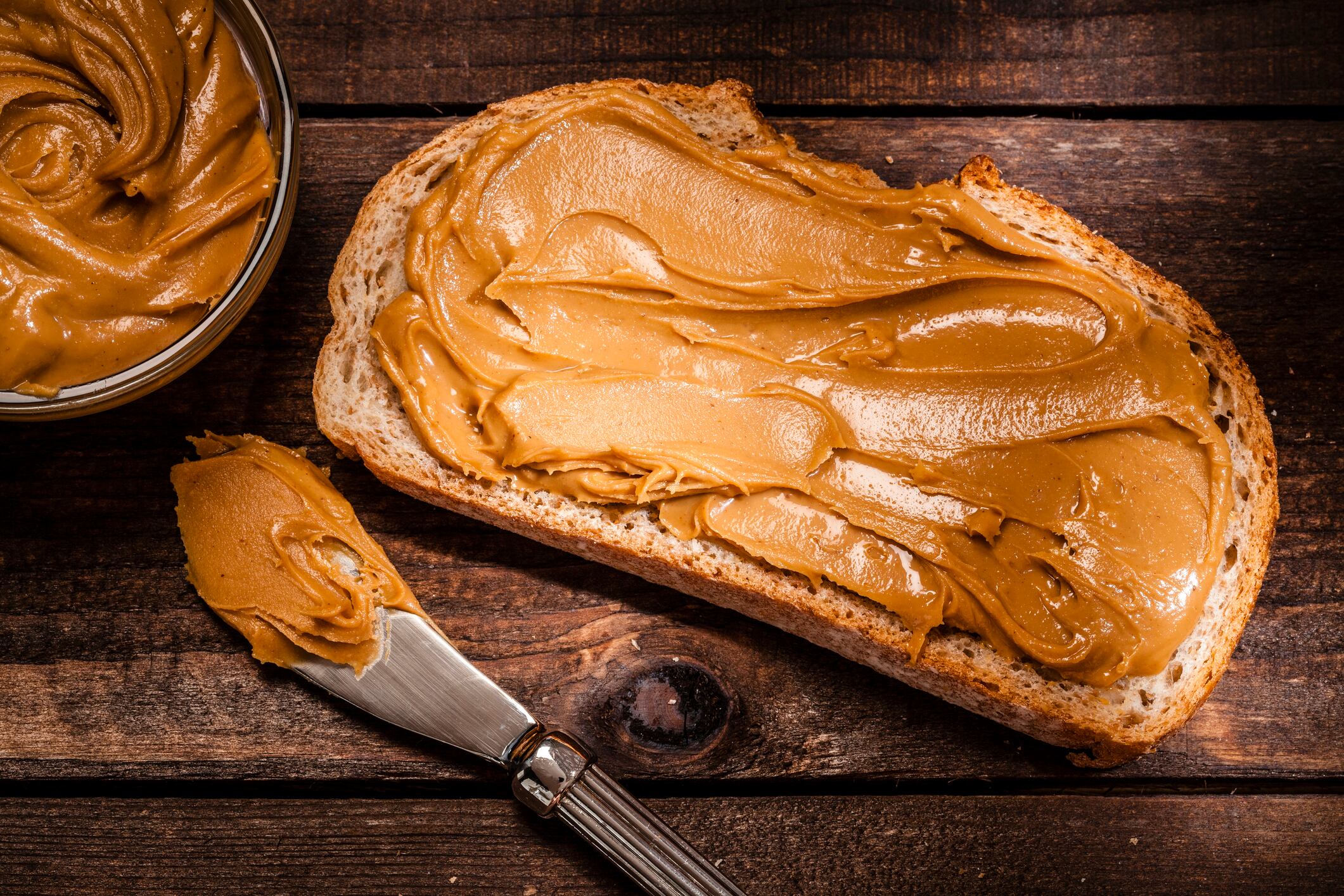
The standard includes ingredient criteria and processing intensity that align with nutrition research and food system realities

Inside Nestlé: Rania Abou Samra on crafting the future of food and beverage
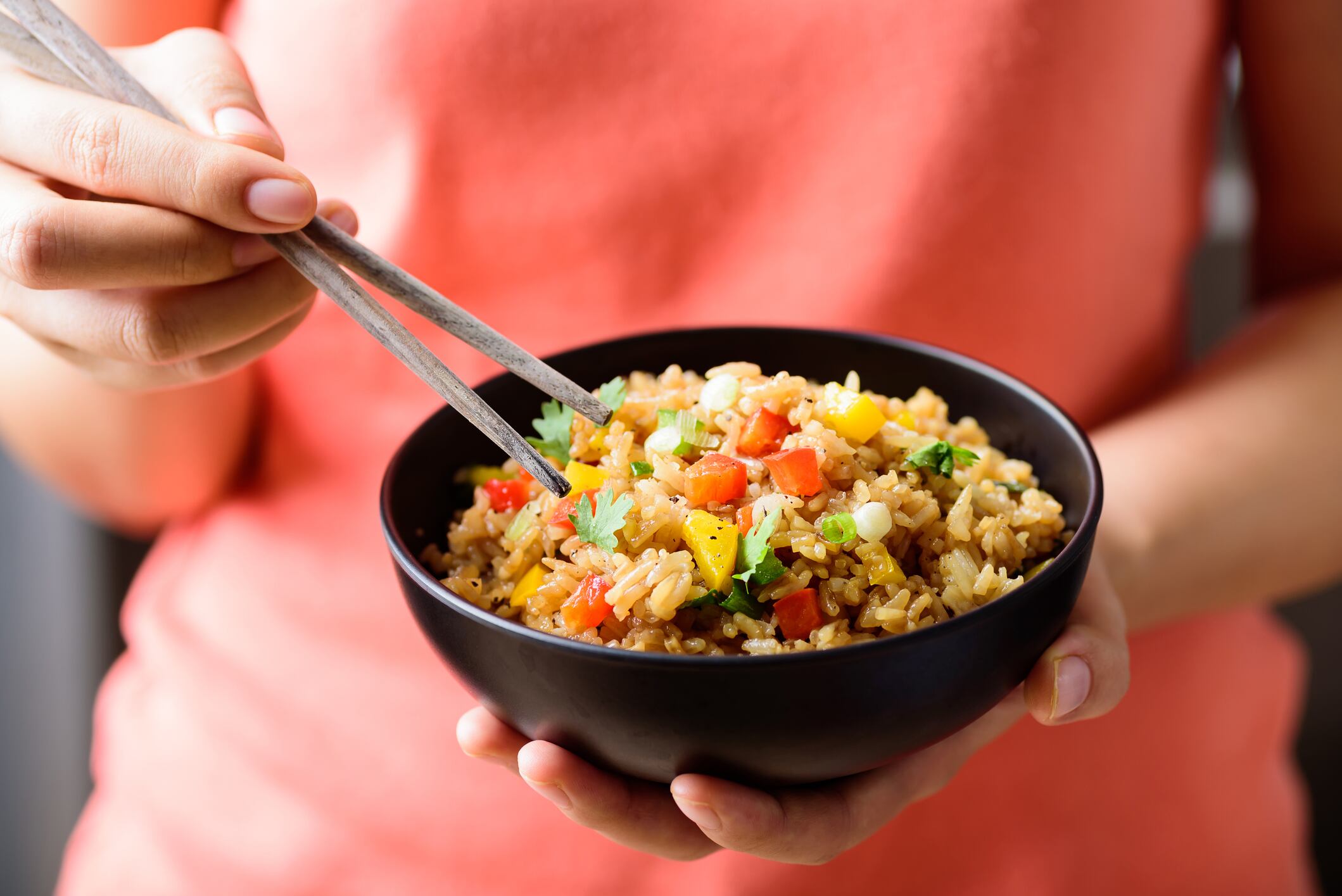
How does a food business that’s synonymous with sides and sauces move to the centre of plate?

Philipp Navratil is shaking things up at Nestlé, but can he restore the company’s fortunes and inject much-needed growth?

NAD⁺ is emerging as a key ingredient in the longevity space. Discover the science, product potential, and formulation challenges shaping this fast-growing category
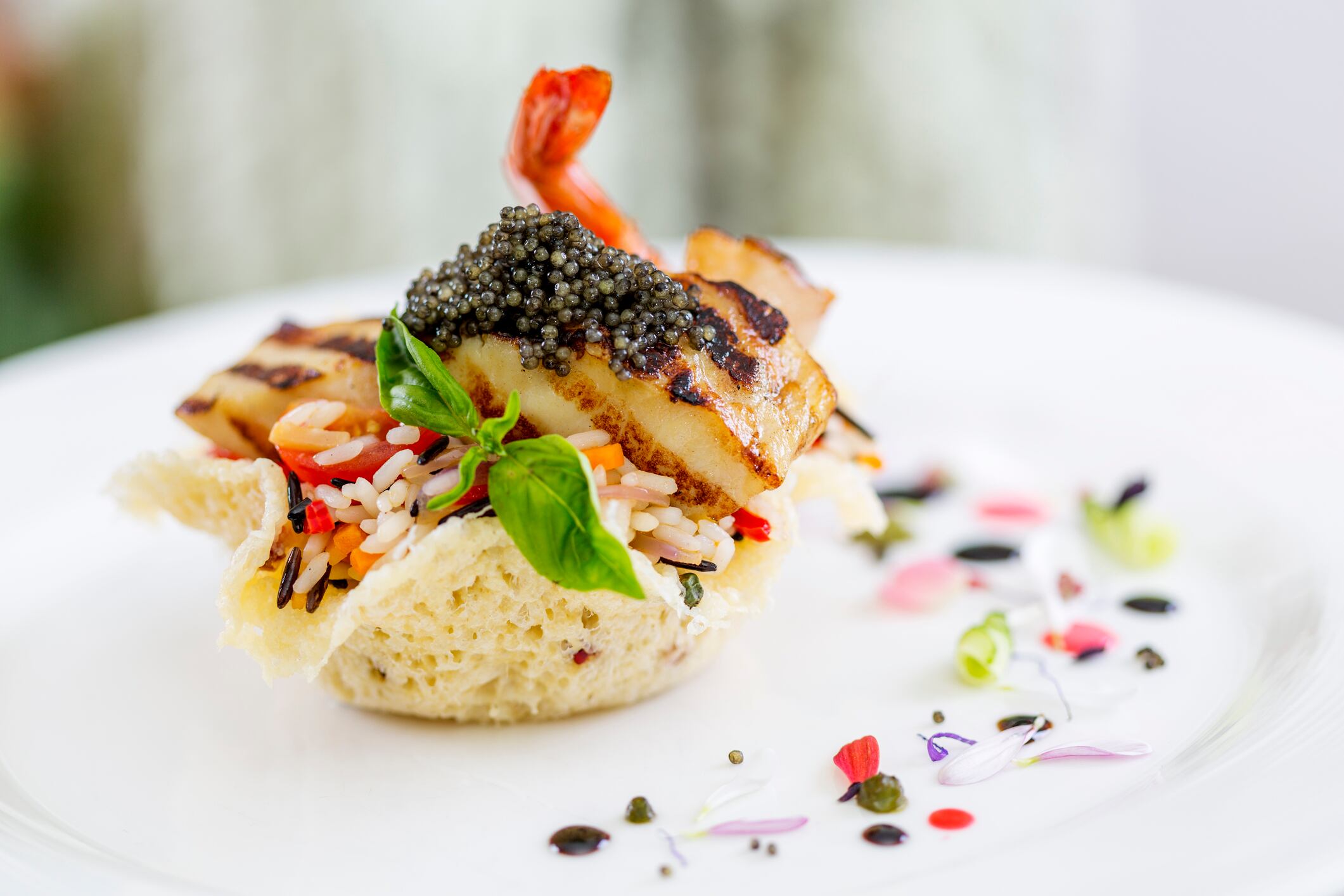
An ingredient supplier and a world-renowned restaurant - two traditionally separate players in the food supply chain - are joining forces in an unexpected collaboration
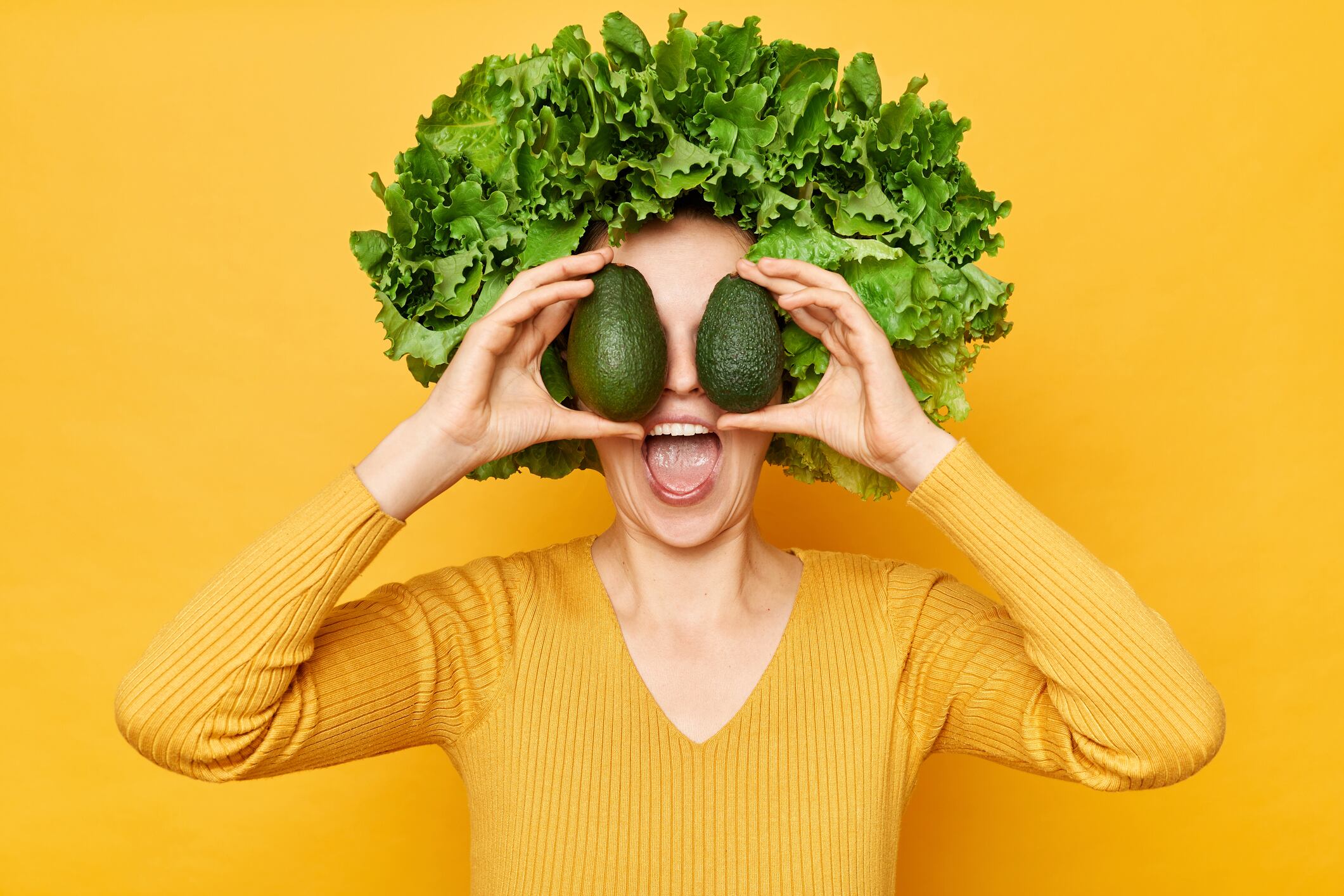
Despite the downturn in meat substitutes, the popularity of plant-based protein lives on

Nestlé is cutting 7% of its workforce. Is this bold move a reset or a risk?

GLP-1 fuels rapid food and beverage sector growth - but risks and costs mount
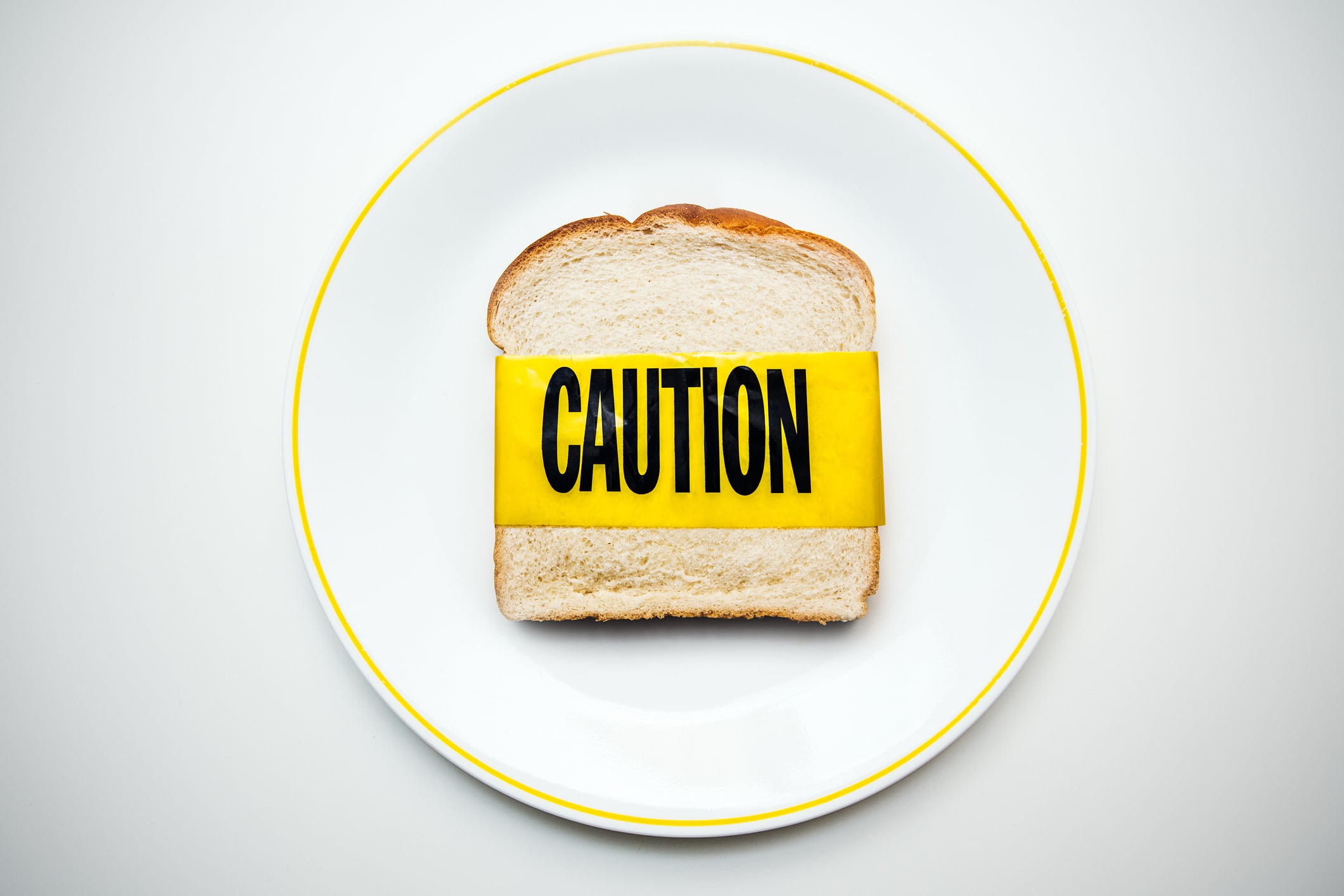
Ultra-processed foods could soon be immediately recognisable front-of-pack

Fibre is no longer just a digestive aid, it’s a driving force in food innovation

Brain food is booming. As consumers seek sharper focus and long-term cognitive health, the food industry is responding with powerful ingredients and smarter nutrition
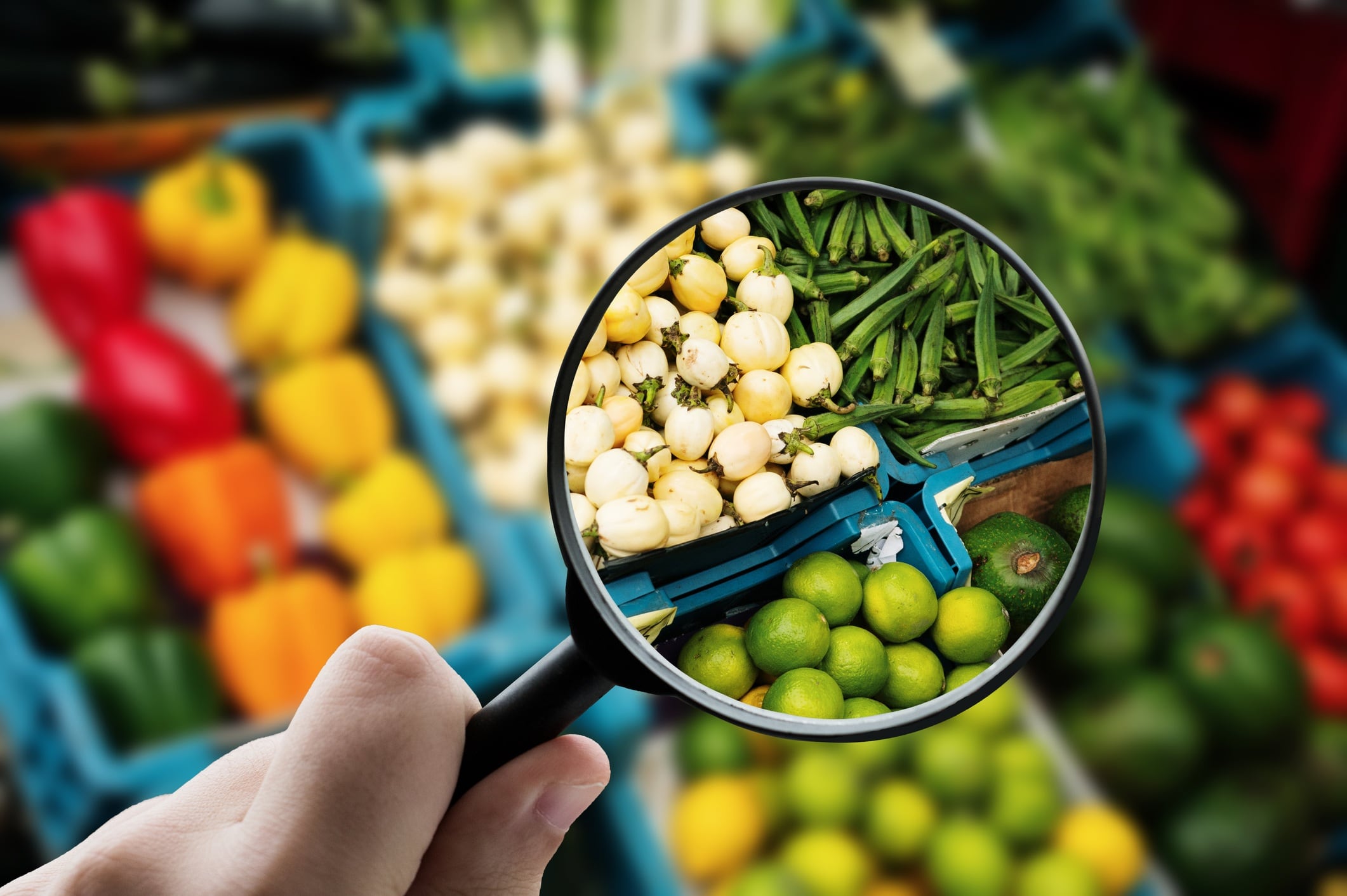
The discovery of ‘nutritional dark matter’ is unlocking new paths for smarter food innovation, targeted health benefits, and precision nutrition
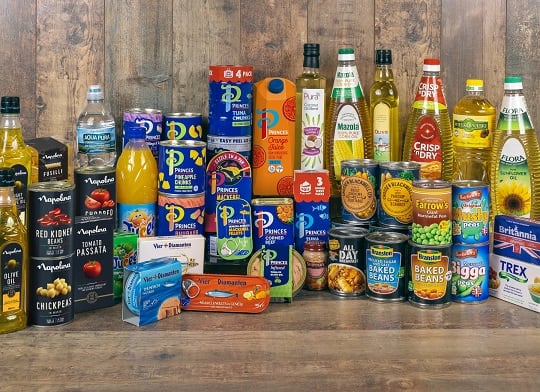
Princes Group considering LSE IPO to supercharge growth and global expansion
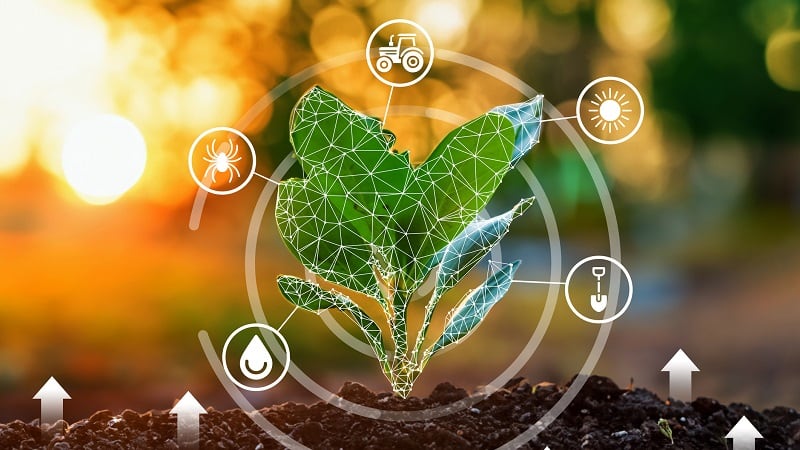
Video
Food and beverage is ripping up the rule book to innovate for the future

How can applicants prepare for the all-important approval process?

Are ultra-processed foods really the enemy?
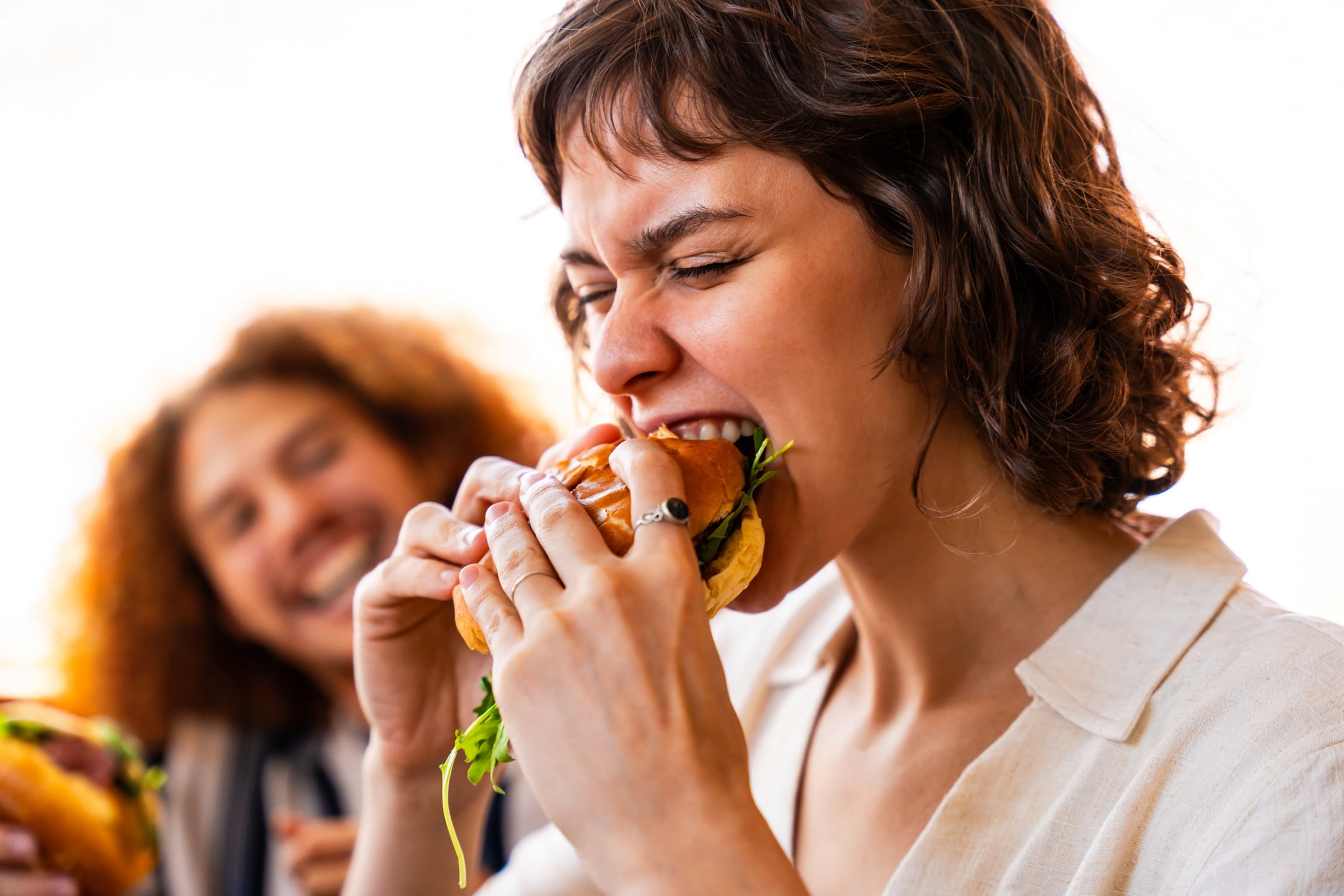
Do manufacturers really need to navigate out of the ‘dirty’ UPF world? Perhaps not, as exclusive research shows consumers’ perception of UPF is very different to their reality
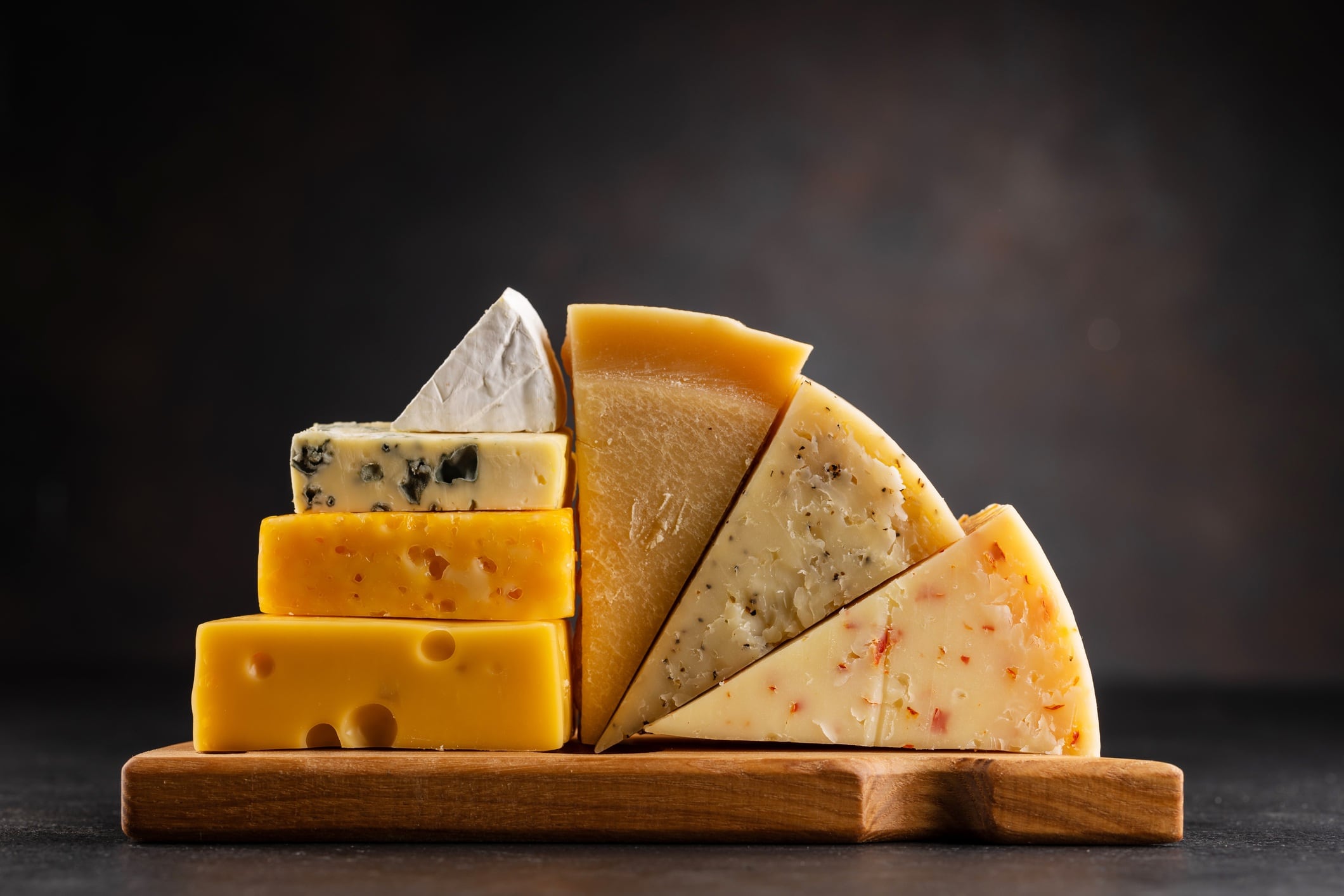
Cheese sales are soaring, with fast food growth, premiumisation, and health-focused innovation driving demand
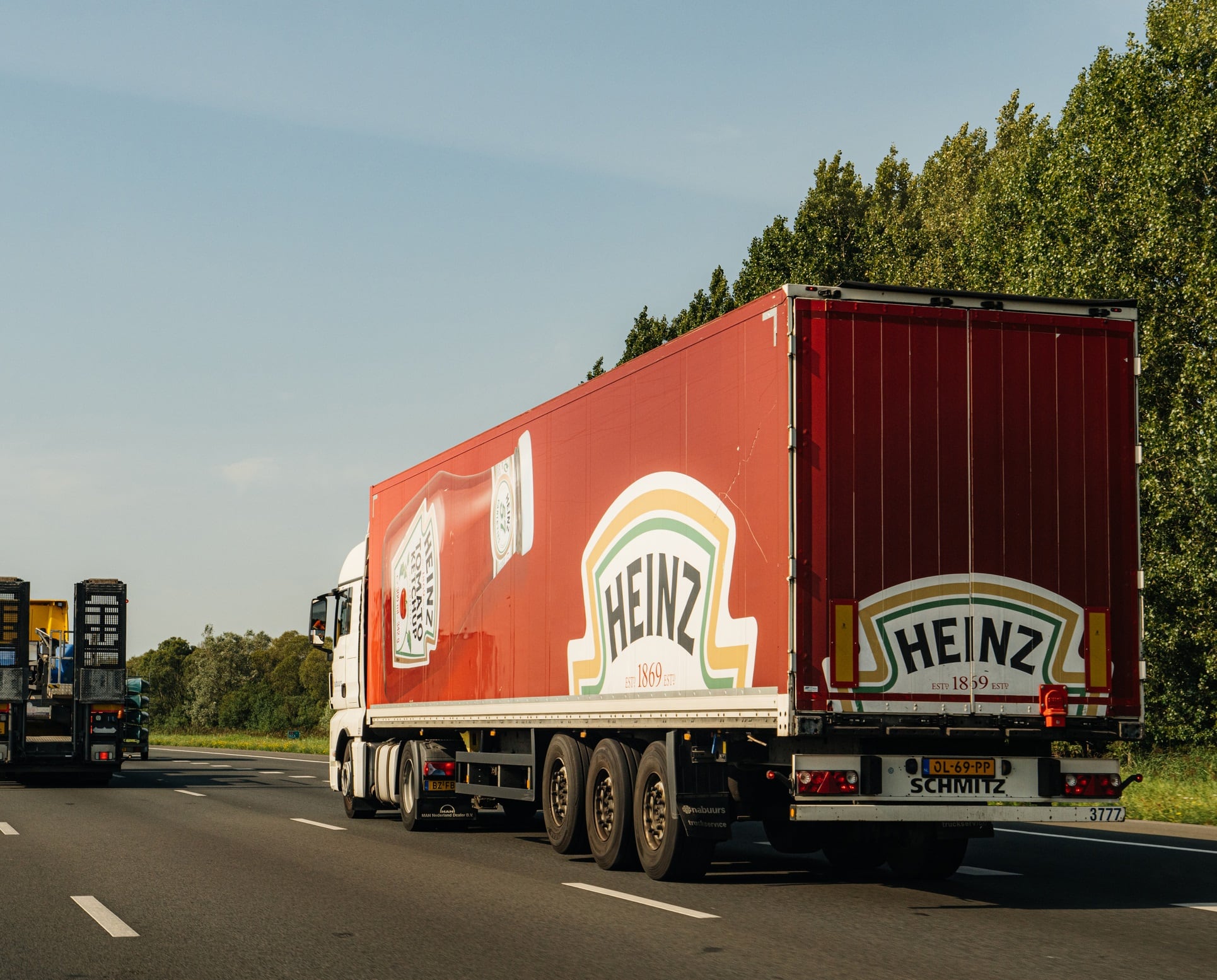
Kraft Heinz is officially splitting into two companies. What does this mean for its iconic brands, shareholders, and the future of the food industry?

Nestlé’s CEO scandal has rattled investors, triggering a share price dip and raising fresh concerns over leadership stability at the food giant
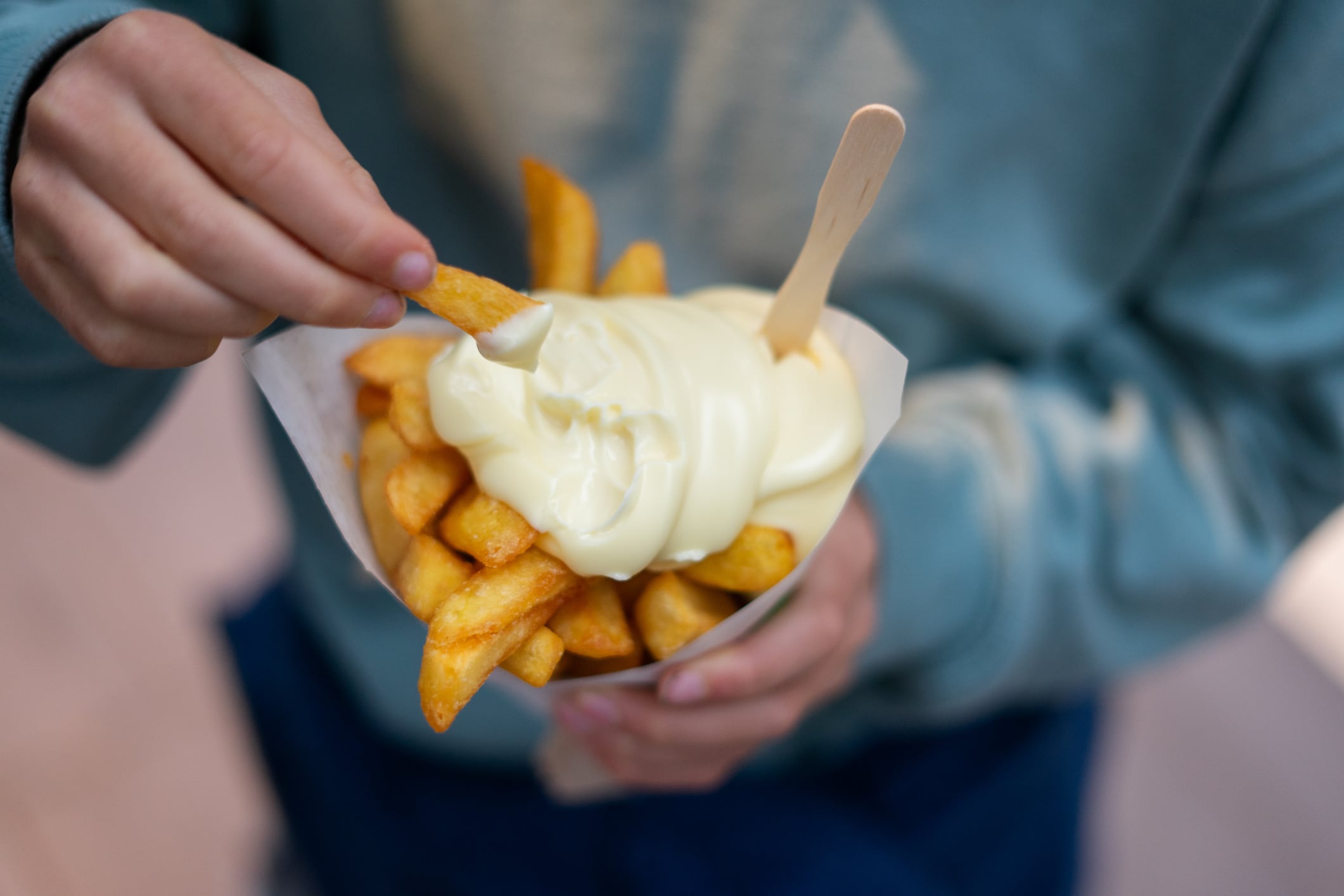
The CPG giant is focused on performance, core brands and embracing the new

From labour shortages to climate chaos, the food and beverage industry is fighting fires on all fronts

The food giant will split into two focused companies - one global, one domestic - in a bid to simplify operations and unlock brand potential
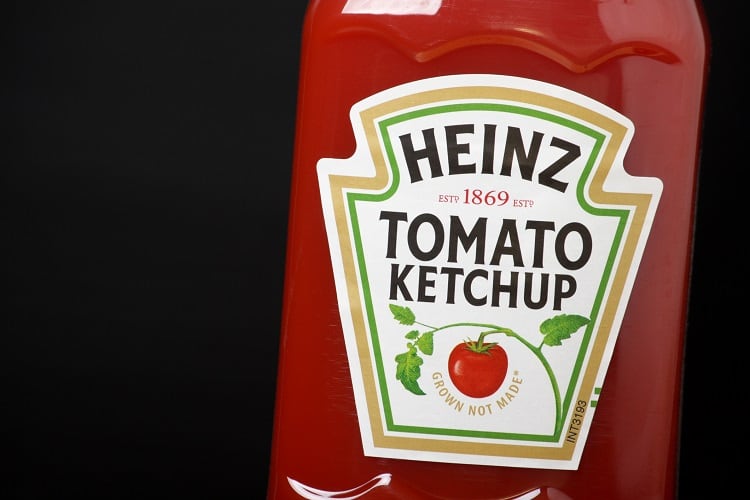
A major split could be announced this week, reshaping the food giant and unlocking billions in value

Ultra-processed foods have been found to have a detrimental effect on reproductive health

From cell-cultivated meat to precision-fermented dairy, regulators are stepping up to support innovation
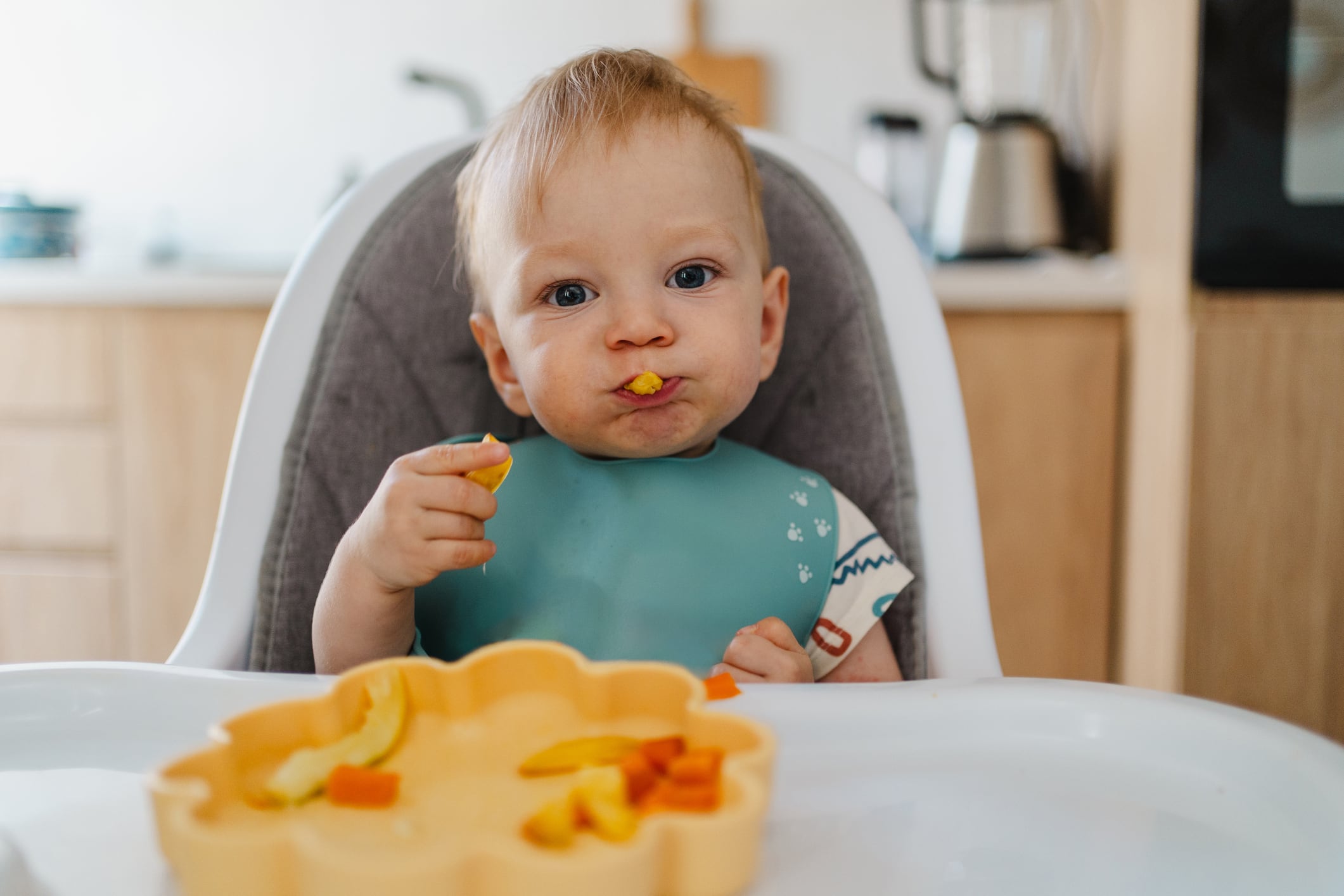
The government is pushing to reduce salt and sugar for babies
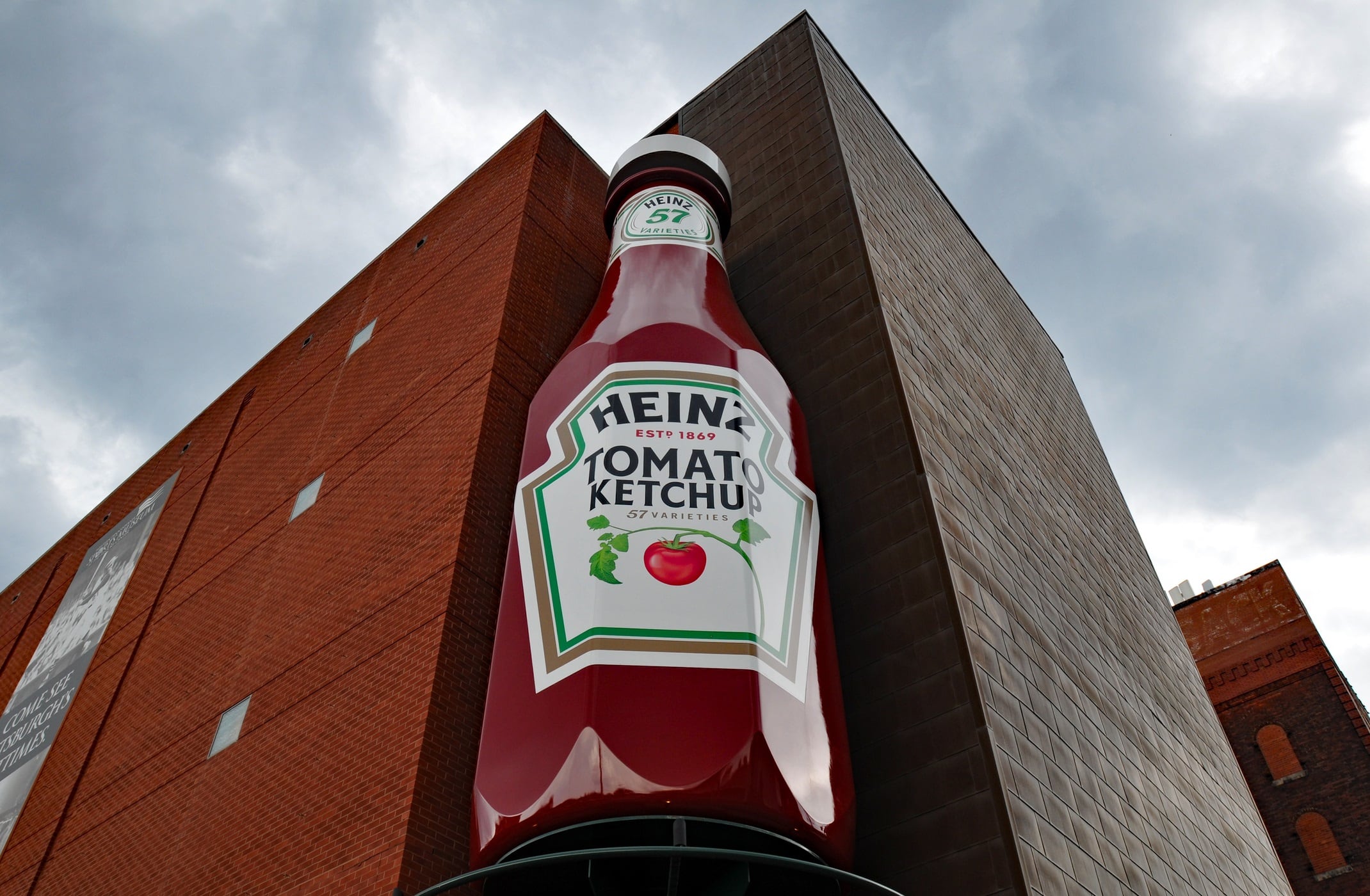
Industry insiders say troubled merger is a cautionary tale to brands chasing scale over strategy

Foodservice staples Leon, Itsu, Wagamama and more are hitting supermarket shelves as restaurant players diversify

New research links high UPF consumption to a 41% increase in lung cancer risk, independent of smoking
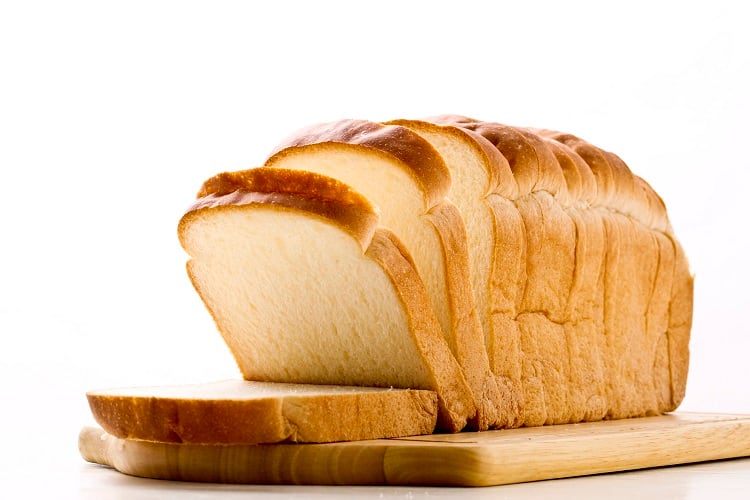
ABF’s £75m Hovis buyout could reshape UK bread market